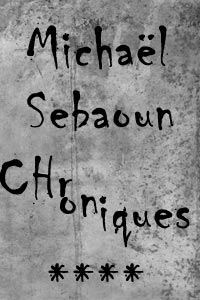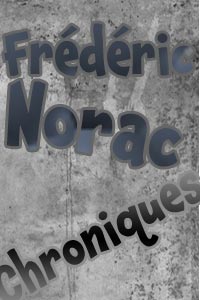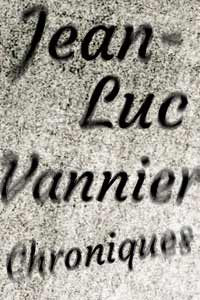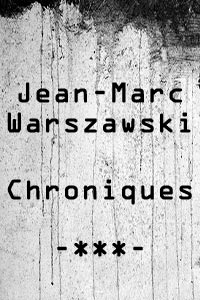
mardi 7 juillet 2015
Napoleon's Last Stand: Popular Reactions and State Responses to the 100 Days
7 juillet 2015, Warwick
Deadline for Abstracts: 31 January 31, 2015
Tuesday 7 July 2015, University of Warwick, UK
Sponsored by the European History Research Centre and the AHRC-funded project ‘French Theatre of the Napoleonic Era' at the University of Warwick.
When Napoleon escaped from Elba and landed in France in February 1815, he did so by presenting himself not as an autocrat, but as a popular hero: one who could, as Balzac later put it, ‘gain an empire simply by showing his hat! '. While by 1814, most of Europe thought the radicalism of the French Revolution had finally been contained, the 100 Days revealed the fragility of the Great Power politics that had sought to contain France as both a military and an ideological force.
The 100 Days is usually discussed largely in military terms. The purpose of this conference is to turn attention to popular responses to this dramatic period, and to consider its implications for the self-understanding of states and peoples in the post-revolutionary European and world order. What evidence is there of people across Europe and beyond identifying with Napoleon's return? How far – and by whom – was his return perceived as a return to French revolutionary principles, as an opportunity for the adoption of such principles in other states, or as fundamentally anathema to the order, stability, and peace?
We invite proposals for 20-minute papers that engage with these issues from the perspective of cultural, social and political history, taking in sources from the spheres of literature, music, theatre and visual art as well as journalism and political commentary. Abstracts of 500 words should be emailed to 100days at warwick.ac.uk by 31 January 2015. We aim to review applications quickly and will notify applicants of our decisions by the end of February at the latest. It is envisaged that selected conference papers will be published as a collection of essays.
Ghenadie Ciobanu : De sonata meditor
Par Ecaterina Baranov
Parmi les compositeurs contemporains florissants en République Moldave, nous pouvons remarquer Ghenadie Ciobanu. Son catalogue comprend des symphonies, des œuvres chorales, de la musique de chambre, des œuvres pour le théâtre et le cinéma, etc.
Né en 1957, à Brătuşeni, Edineţ (République socialiste soviétique moldave, aujourd'hui Moldavie), Ghenadie Ciobanu étudie le piano avec Valentina Zhubinskaïa, et la composition avec Genrikh Litinsky à Institut Gnessine de Moscou, où il obtient son diplôme de piano en 1982, il se perfectionne en composition au Conservatoire Musicescu de Chișinău (Kichinev), sous la direction de Vasile Zagorski, il en est diplômé en 1986. Il y enseignera plus tard la théorie musicale et la composition. après une carrière de concertiste et de professeur de piano.
Revue de presse musicale
(Le Dauphiné) Quel conseil d'administration pour les Musiciens du Louvre ?
(Le Monde) Marc Minkowski prendra la tête de l'Opéra national de Bordeaux en 2016
(Sud Ouest) Festival L'Eté musical en Bergerac, avec Birkin, Piccoli et Lubathttps://bit.ly/1J3bDcZ
(La Croix) Le Festival international de jazz de Montréal victime de son succès(Culturebox) Jazz à Vienne: Thomas Enhco, brillante relève du piano
(L'Humanité) Soviet Suprem prépare une drôle de révolution musicale
(Le Point) Nice Jazz Festival : un cocktail de voix masculines, légendes du jazz et du fun
(Le Figaro) Véronique Gens montre la voie
(Archive Patrimoine) 600 sons en voie de disparition gratuitement téléchargeables et réutilisables
musicologie.org |
Biographies de musiciens |
Articles et documents Flus RSS |
© musicologie.org 2014
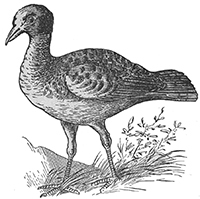
Dimanche 19 Juillet, 2015 1:53
| L | M | M | J | V | S | D |
|---|---|---|---|---|---|---|
| 01 | 02 | 03 | 04 | 05 | ||
| 06 | 07 | 08 | 09 | 10 | 11 | 12 |
| 13 | 14 | 15 | 16 | 17 | 18 | 19 |
| 20 | 21 | 22 | 23 | 24 | 25 | 26 |
| 27 | 28 | 29 | 30 | 31 |




